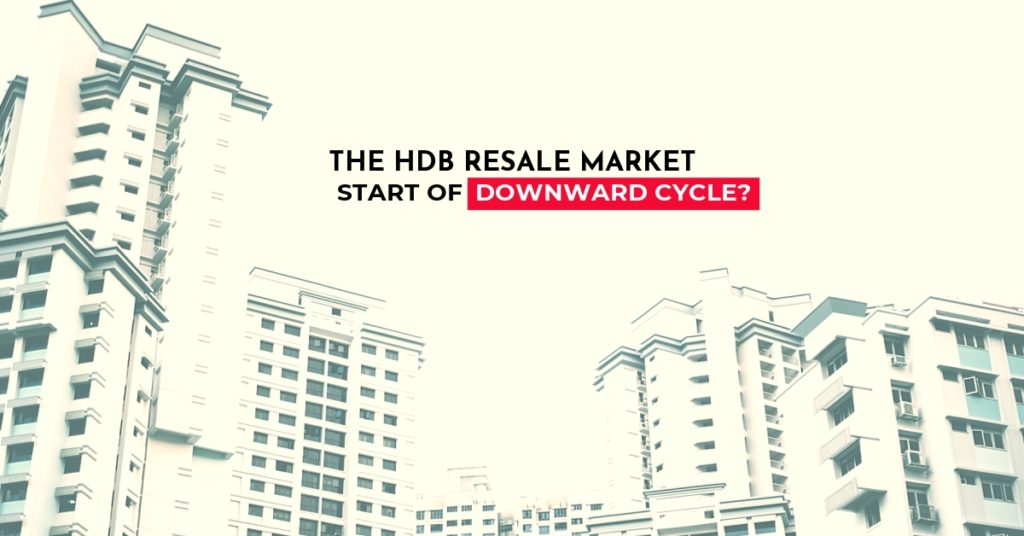
In the periods between 2011 and 2014, there was this phenomenon called “Cash Over Valuation” or COV.
It was also known as the amount of cash the seller wanted the potential buyer to give that is above and beyond the official valuation of the resale HDB flat.
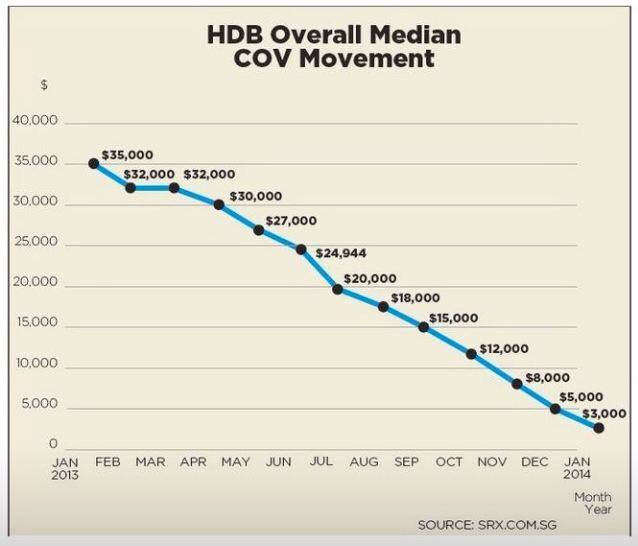
As of March 2014, HDB has stopped publishing official COV prices. The information can also no longer be found on HDB’s website.
If you were to look back and understand COV, it was basically a price negotiation tool to maximize a seller’s profit.
However due to rising COVs and the perceived lack of affordability of HDB resale flats, COV was removed with immediate effect on 10 March 2014.
The change was implemented overnight – affecting the many HDB sellers looking to make profits. As a property agent, I was taken aback by how fast the HDB Resale market can change.
The rise of COV basically was driven by a few factors:
- Increasing price of resale HDB flats between 2005 and 2013
- New BTO and HDB prices were still linked together (it was delinked in 2013)
- Insufficient supply of new BTO flats
Cooling Measures Were Applied & New Government Rulings Resulted In Significant Impact
“COV for HDB flats falls to zero as resale volume slumps” – TODAY, 7 March 2014
The rest you know is history:
- cooling measures kicked in
- BTO construction was scaled up tremendously and the
- resale market was delinked from the new BTO market – resulting in a significant drop in HDB prices.
HDB Resale Prices have Started To Dip
From the graph below, you can see the resale HDB price index has dropped significantly from its peak in 2012.

The fact remains: Public housing in Singapore will always be subject to various regulations and rulings.
It is not determined by open market forces.
In just 1 press announcement and almost overnight – COV was removed in 2014. It was a sweeping move – affecting almost everyone who wanted to make that extra price gain from their HDB flat.
Now, the trend over the past 2 years – we’ve been getting regular announcements that new BTO HDB flats will be launched every 3-4 months.
“If HDB were to increase supply of BTO flats next year, it could possibly lead to a glut in the near future.” – TODAY, 21 Nov 2017
The Increasing Supply of New BTO HDB Flats
There is HIGH demand for BTO flats…. but what about HDB resale flats?
From the Business Times article (2 April 2018):
Prices of resale government flats have dropped for six consecutive quarters, according to flash estimates from the Housing and Development Board (HDB) on Monday.HDB resale prices dropped 0.8 per cent in the first quarter of this year from the previous three months, an acceleration from the price decline of 0.2 per cent seen in the final quarter of 2017.
Last year, they fell 1.5 per cent due to a combination of factors, including the increase in housing grants, the shorter waiting time for Build-To-Order (BTO) flats in certain housing estates and the introduction of the Re-offer of Balance flats.
Remarks from National Development Minister Lawrence Wong indicating that not all HDB flats will be chosen for the Selective En bloc Redevelopment Scheme and that flats that reach the end of their lease will be returned to the state also likely depressed prices of older resale flats.
Thousands of New Flats Added to the Supply Every Year
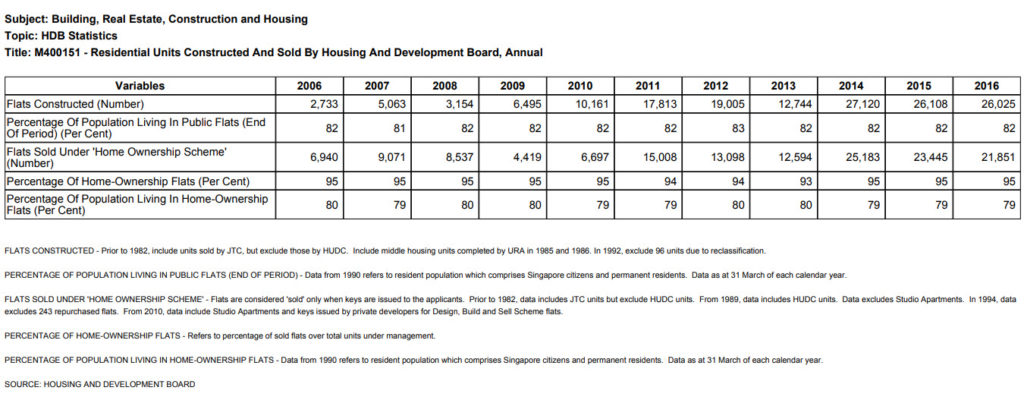
Taken from http://www.singstat.gov.sg/
In 2014 – there was over 27,000 flats constructed. Assuming almost all was sold, these flats will reach their MOP within 5 years’ time.
This means in 2019, there will potentially be a flood of over 20,000 flats entering the HDB resale market.
Such flats will be “competing” for buyers who has a wide selection of resale flats to choose from.
The pool of eligible buyers? PRs and Singapore Citizens only.
Increasing Numbers of HDB Upgraders To ECs & Private Property Segment
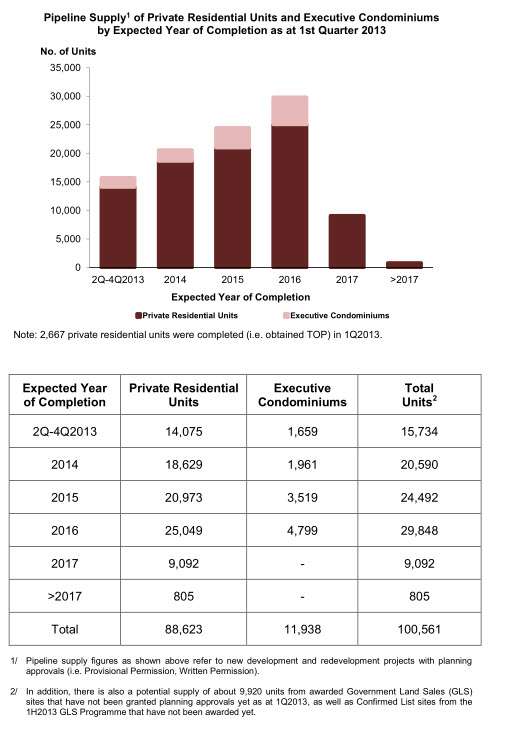
2013 Data of EC & Private Property Segment
In 2013, there was 1659 new EC units in the pipeline. A percentage of this EC group will include HDB upgraders.
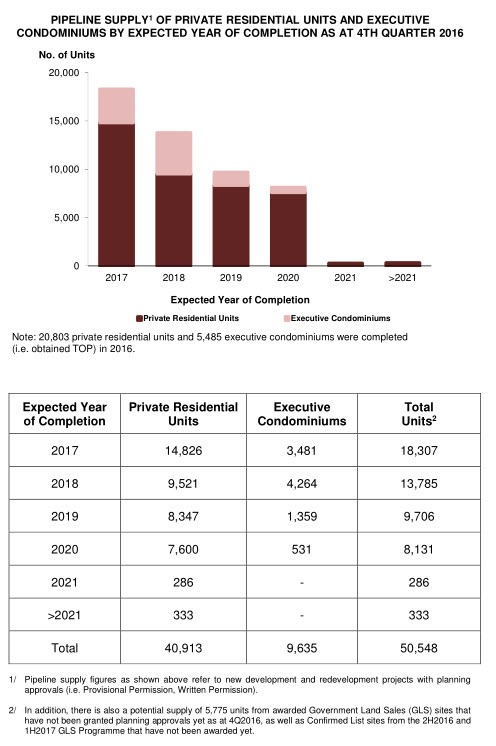
2017 Data of EC & Private Property Segment
In 2018, there will be 4264 new EC owners. Again – a percentage of these new EC owners will be HDB upgraders.
What is significant about this?
To enter the EC or private property segment, the HDB upgrader will need to dispose of his/her previous HDB flat before proceeding.
(Otherwise, they will be subject to the Additional Buyer Stamp Duty)
This means finding a buyer for their flat in the HDB resale market.
The impact? Another source of contribution to the supply pool of increasing HDB resale flats available in the open market.
Again – the pool of eligible buyers? PRs and Singapore Citizens only.
Shorter Waiting Times for BTO Flats Now Compared to Previously
Resale HDB flats used to be the preferred choice for those who didn’t wish to wait 3-4 years for the flats to be completed.
But currently, HDB has also implemented measures to reduce the waiting times for new BTO flats (2-3 years).
Start of Downward Trend on HDB Resale Market?
Will the HDB resale market still remain attractive in light of:
- new regular BTO launches?
- increasing supply of HDB flats becoming eligible to be sold in the resale market?
- increasing segment of HDB upgraders disposing of their flats to enter the private property segment?
- shorter waiting time for brand new BTO flats?
The HDB resale price index has been dipping. Flash estimates are also indicating drops in HDB resale prices.
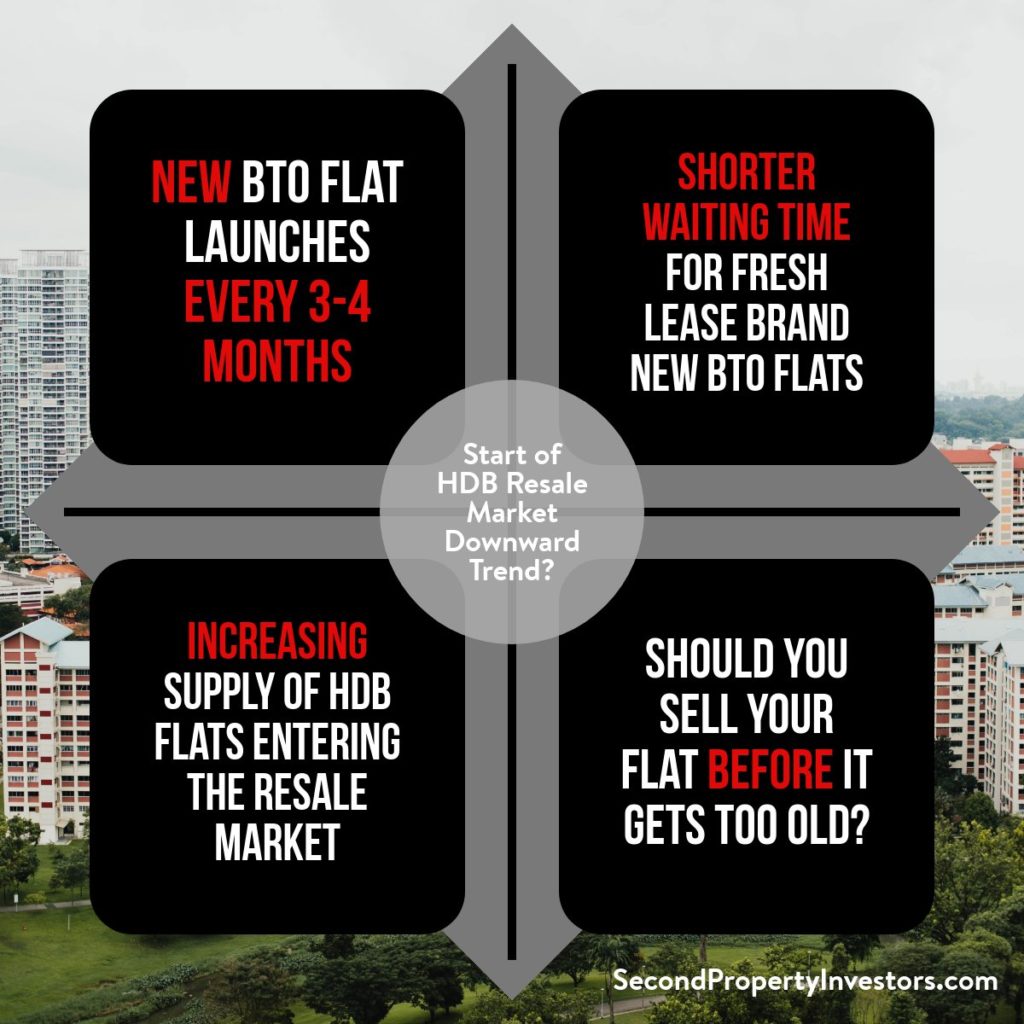
Resale HDB flats do have certain attractive factors compared to newer BTO flats:
- Larger roomier layouts
- Established amenities like schools, shops, parks
- Established transport connection links
But older resale flats also have their own drawbacks:
- Restrictive CPF financing once the flat turns 40 years old
- Unlikely to appreciate upwards in the future (if current trend continues)
- Shorter lease compared to brand new 99-year lease HDB flats
Obviously, in order to turn a decent profit on the sale of your flat, you need to sell it before its value gets eroded by the dwindling number of years left on its lease.
I have shared such sentiments before in past articles regarding the HDB market since 2015:
- The implications of owning a 40-year old HDB flat
- Buying a resale flat – What you should know
- Why This Couple Upgraded and then Downgraded
- Planning To Upgrade To Bigger HDB Resale Flat? What You Should Know
More of such articles can be found here: https://www.secondpropertyinvestors.com/category/hdb-property-investment/
Your Household Equity Is Locked Within Your HDB Flat
A letter was written to the ST Forum very recently on the 3 April 2018: Seniors facing problems selling old flats
The letter writer highlighted that “many seniors who want to downgrade to Built-To-Order studio apartments for the elderly are in a fix as they are unable to sell their old flats.”
The question to ask yourself if you are a HDB owner –
Who will buy your current HDB flat when the alternative of a new launch BTO flat with a brand new lease is so much more attractive?
Your current old HDB flat will be competing with many other similar HDB flats in the resale market.
The competition is for a limited pool of buyers consisting only of Singapore Citizens and PRs.
This is especially alarming if you have an old flat that is between 20-30 years old.
Imagine your next buyer will be subjected to the 5-year Minimum Occupation Period (MOP) – the flat is passed on with a shorter and shorter remaining lease.
That will have an impact on future selling prices of your HDB flats – especially when restrictive CPF financing kicks in when the flat turns 40-years old.
Can you then depend on your flat as a potential retirement asset?
The “Cliff” of Sharply Falling Values Due to Decreasing Remaining Lease
There is a reason why the phrase “ticking-time bomb” has been used a few times on this issue.
- HDB 99 year lease expiry: Potential time bomb for home ownership? (2016)
- The 99-year time bomb some Singaporeans are sitting on (2014)
- The ticking time bomb of the 99-year-leasehold HDB flats (2018)
Should You Sell Your Flat Before It Gets Too Old?
Remember, you’re not obliged to keep your flat forever.
As flats’ leases run their course, their usefulness as a retirement asset diminishes.

If you are a HDB homeowner, you have to prepare for this and plan for the future accordingly – HDB flats are headed towards depreciation eventually.
Do not wait for too long – especially if your flat is between 20 to 30 years old before you decide to handle this issue.
Further delays will only result in a shortening remaining lease that will depress your potential selling price of the flat.
I invite you to contact me to arrange an assessment on your existing HDB property portfolio.
With these numbers, we can make an objective assessment on what is the next best step to take.


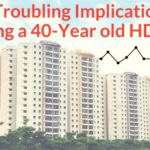
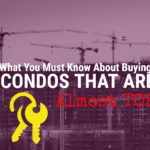
Leave a Reply